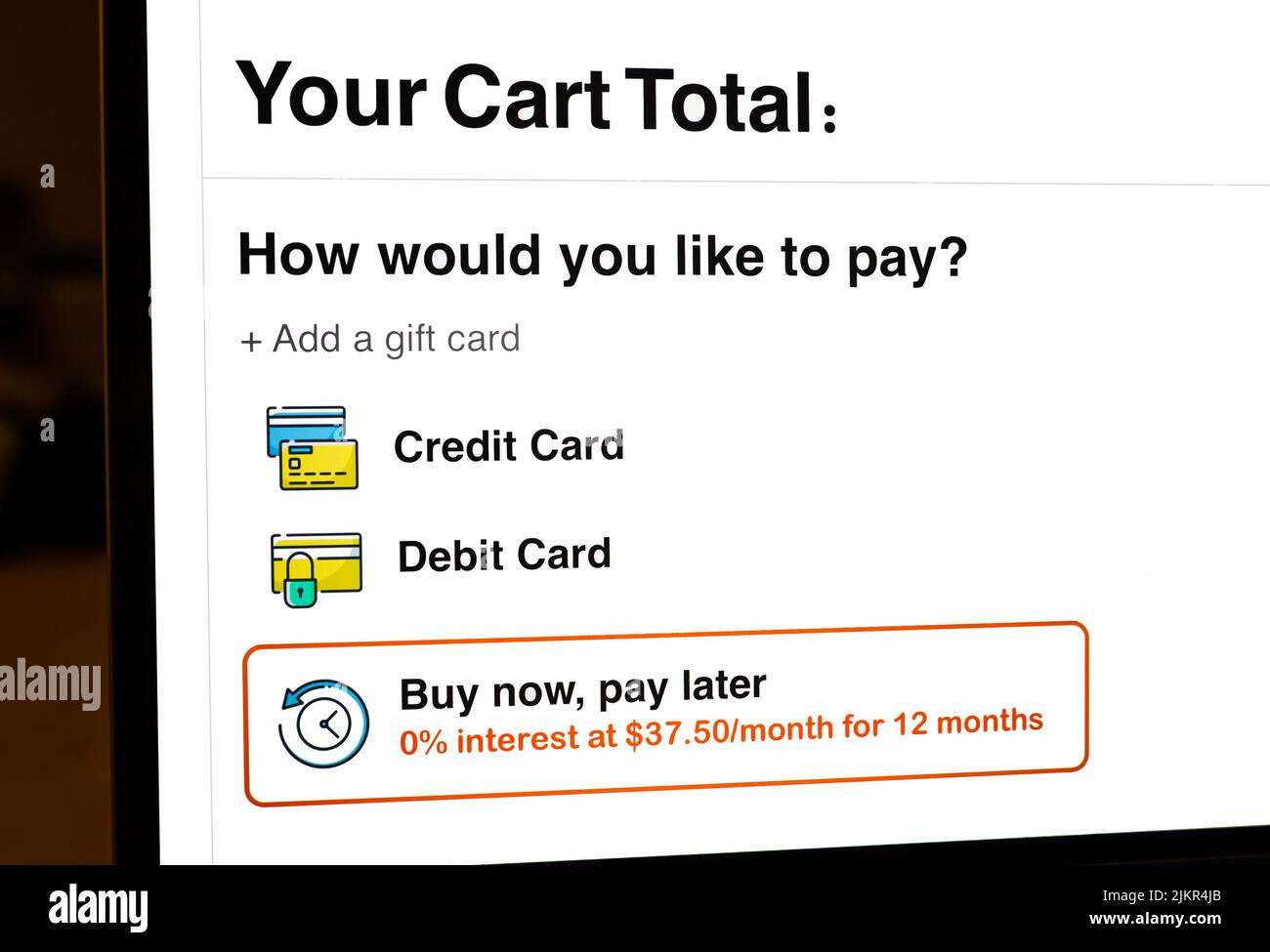

If you are receiving any benefits, check whether taking on extra work or a lodger will affect your benefit entitlement. The Citizens Advice website has information on important points to consider if you are thinking about taking in a lodger, such as whether you need permission and the possible impact on insurance and benefits.

You can also find more information in our Varying a CCJ fact sheet and our Magistrates’ court fines fact sheet. Contact us for advice if you cannot afford the payments you are required to make. Not paying could have serious consequences. If you have a debt such as a county court judgment (CCJ) or a magistrates’ court fine that is up to date, you need to add it to the budget. Once you have done this you can start to look at where you might be able to make changes. You need to work out what you need to spend and what you would like to budget for. Don’t be tempted to stop putting figures into the budget sheet just because it shows you are spending more than your income. Make sure you are realistic, even if you are spending more than you have coming in. For example, if a family member pays something for you, make adjustments for this in the budget sheet. Take time to complete your budget sheet and think about whether it is accurate. Flexible costs include spending on food, clothing, hairdressing, socialising, meals at work and pocket money. Fixed costs are items such as mortgage or rent, council tax, gas, electricity, water and insurances.

The budget sheet is split into fixed costs and flexible costs. You can complete a personal budget sheet using the Your budget tool on our website. Contact us for advice if you are struggling to make payments on your bills or if you have already missed some payments.Ī deficit budget can also stop you from being able to put money aside for one-off bills such as car repairs, house maintenance or emergencies like a washing machine breakdown. Your home or essential services could be at risk if you miss payments on household bills. If you remain in a deficit budget situation, your debt levels will keep increasing and eventually it may not be possible to borrow any more money.Ī deficit budget can also mean you cannot afford to pay for essential bills like your mortgage, rent, or gas and electricity. For example, you may find that you are using a credit card, going further into an overdraft, or asking friends or family for help. One impact of having a deficit budget can be that you start to rely on credit to top up your income. If you are worried about not being able to meet your debt repayments, see the later section Unable to make a payment.

Does your income cover your household bills if you don’t pay any debts? Debt payments are paid after essential household bills. Do not include debt repayments at this point, just essential living costs. Consider essential costs onlyĪ deficit budget means not having enough money to pay for essentials such as your home, food or travel to work. You have a deficit budget if the money you need to spend each month on living costs is higher than the money you receive each month from work and benefits. You may find that rising prices push you into a deficit budget.


 0 kommentar(er)
0 kommentar(er)
